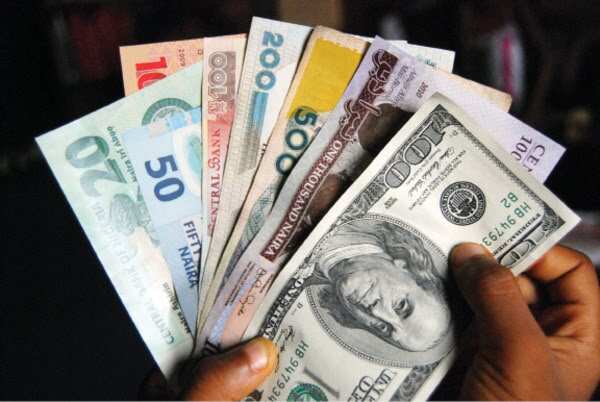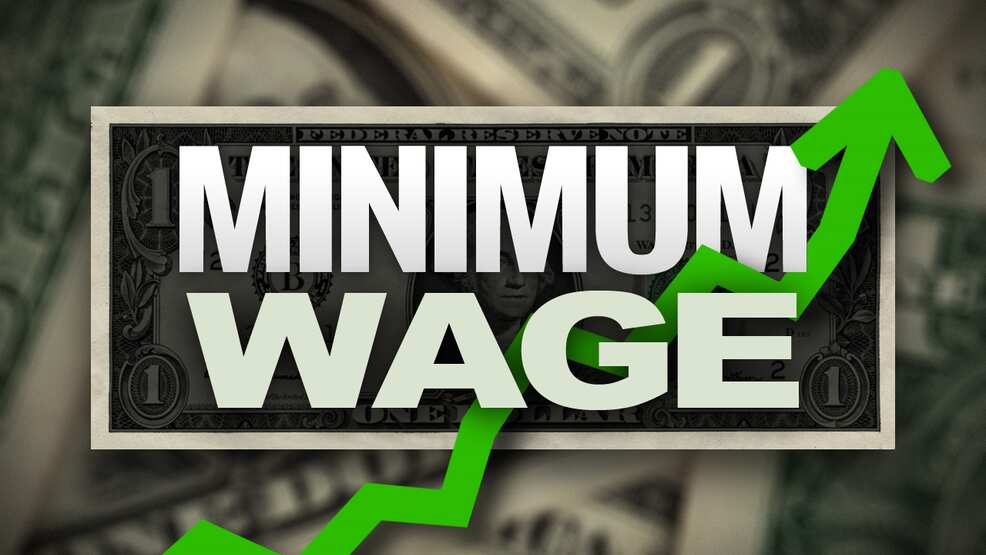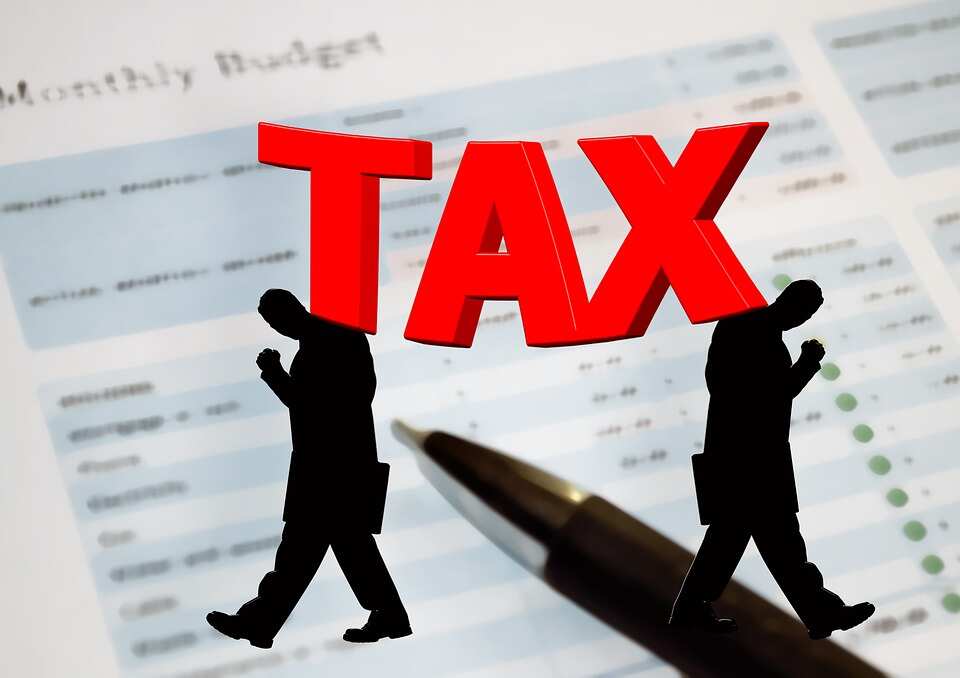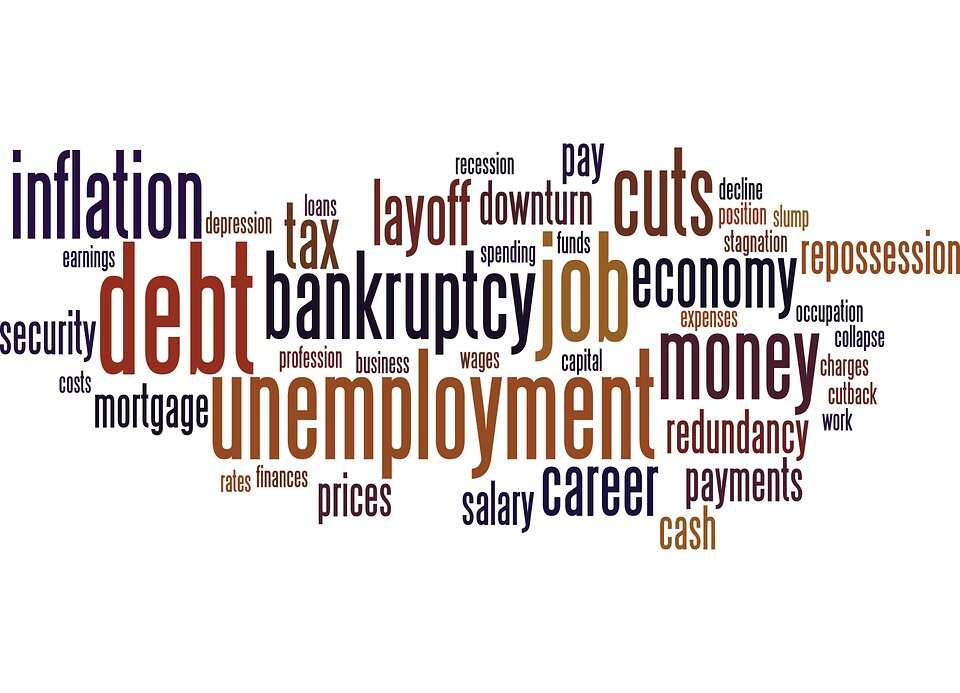New minimum wage 2019: What does it mean for an average Nigerian?
Almost every Nigerian can attest to the fact that the cost of living is currently higher than it was in previous years. Similarly, they express worry over the recently approved minimum wage. While public education from the government about this aspect of the economy is lacking, Nigerians can have their fears resolved by seeking information. Understanding the implications of the new wage bill is necessary for every Nigerian citizen and resident regardless of their social status.

Source: UGC
What does minimum wage mean? Minimum wage refers to the least amount of monthly remuneration that a person should receive for their labour. The amount is set after the government and the union of labour hold talks and agrees on the final figure. It applies to every worker regardless of whether they are in the private or public sector. Typically, the national min wage is reviewed and adjusted periodically.
READ ALSO: Countries with highest minimum wage in the world in 2019 (see full list)
When was the minimum wage in Nigeria implemented?
Hassan Sunmonu was the president of the Nigeria Labour Congress (NLC) when the debate regarding minimum wage began. Following his election into this position in 1978, he fought for the implementation of a minimum wage in Nigeria. In 1981, the minimum wage was set at N300. In the same year, the federal government declined to pay this amount leading to a nationwide strike of workers which stalled the economy.
This led to negotiations between the government and the NLC. The two parties settled on an N125 minimum wage. It was not until 1989 that the labour union demanded new wage limits. The demand followed the realisation that the prevailing rates could not afford an average Nigerian a decent life. After negotiations, there was an increase to N250 from the initial N125.
With the growing economy, the minimum amount of remuneration became too low to allow an average Nigerian a good-quality life. The labour union thus fought for the improvement of this amount. Between 1989 and 2001, several negotiations were held and the amount shot from N250 to N3,000; N5,000 and finally N7,500. During the reign of President Goodluck Jonathan, the amount as guided by the Nigerian Labour Law increased to N18,000. The current minimum wage is N30,000.

Source: UGC
Exploring the meaning of the current situation
After nationwide campaigns, the new minimum wage of N30,000 was approved by the legislature on the 19th of March 2019. According to the law, this amount should be evaluated every half a decade. In Nigeria, the labour union has been championing for increased minimum wages to help the people deal with the ever-escalating rate of inflation. Periodic appraisal of the law also mitigates unnecessary strikes by workers. With the harsh economic realities, will the government meet the new law requirements? For the government to comfortably meet the N30,000 minimum wage for each worker, specific measures ought to be taken:
Financial actions and implications
Many Nigerians are worried about the consequences of such changes. The following financial actions and implications are likely to happen.
The likelihood of expanding Nigeria's non-capital spending
The government has no option but to abide by the current minimum wage bill. Late salaries for the workers must not be tolerated. Instead, the government should seek creative means of meeting the laws. Increased expenditure on compensation packages means that the country’s budget should be equally high. As of 2016, about 59% of the federal government’s expenditure was spent on workers’ compensation.
Following the new 2019 law, this amount is set to increase to an all-time high of about N2.29 trillion. The government needs a supplementary budget to meet this need. The non-capital budget can be increased by borrowing from developed countries. Alternatively, the Value Added Tax may be increased. Increased taxation rates are inevitably a source of worry for most Nigerians.
The likelihood of an increased tax rate
Does a potential increase in tax rate give me a reason to go on strike? While low rates of taxation would make life blissful for an ordinary Nigerian, they are just a dream! The new minimum wage requirements mean that increased taxation is inevitable. After all, the government requires more revenues. The relevant authorities have considered increasing the Value Added Tax from the current 5% to 7.5%. So far, empirical data relating to this new suggestion is yet to be availed for a regular Nigerian to assess the impact of this move. If implemented, the cost of ordinary consumer goods will increase. Be ready!

Read also
Fuel, electricity hike: Don't betray Nigerians in your negotiation with FG - Bishop tells Labour

Source: UGC
Economic actions and implications
Concerning the economic sphere of life, most likely the following actions and implications will take place.
Likelihood of losing jobs
While improved minimum wages are aimed at improving the quality of life for people who are not affluent, it has its negative implications. The increased need for more money by the government to facilitate the new compensation packages may mean that the government has to downsize some operations. Means of reducing the gross overhead costs may be required. Consequently, internal labour resources may require reshuffling.
The reorganisation of human labour translates to a section of the workforce undergoing retrenchment and layoffs. In Nigeria where most of the workforce is informal, numerous people may lose their jobs. This translates to an increased burden of unemployment, especially among young people. Usually, the presence of many idle young people leads to increased social ills such as theft and drug use.

Source: UGC
Likelihood of continued inflation
A present-day ordinary Nigerian is struggling to meet their needs and wants due to the high rate of inflation. This burden is unlikely to be lifted. Instead, it may be aggravated by the new minimum wage requirements. Most businesses may be forced to hike their prices to afford revenues that allow the minimum wages to be paid without strain and to have a reasonable margin of profit. The consumers, as is the norm, have to bear the costs through increased retail prices.
Nigerians can anticipate an increased inflation rate henceforth. This will reduce their purchasing power. The cycle of the minimum wage remaining inadequate and its respective bill requiring an upward adjustment will continue.
What is the way forward?
Nigerians must first appreciate the fact that the labour union has been transparent in its operations and has fought for the rights of workers. Regardless of the possible adverse effects of the new wage bill requirements, each Nigerian has to pay their taxes faithfully. At the same time, an average Nigerian must be mentally and emotionally ready to budget for their minimum wage appropriately. One can afford a decent life with this amount using specific survival skills such as looking for cheaper housing. There is no allowance to squander the money on unnecessary things.

Source: UGC
At the executive level, systems, measures, and machinery should be put in place to facilitate the proper collection of tax. Increased transparency and accountability of the tax officials to the public should be encouraged. This will mitigate theft scandals within the government.
The minimum wage in Nigeria was first implemented in 1981. Over the years, the terms have been updated accordingly to match the changing economic situations. Today, the minimum wage is N30,000. While this amount is seemingly impressive, it may mean that harsher financial conditions await an average Nigerian. Regardless of these changes, every Nigerian should retain their patriotism, honesty, and love for their homeland.
READ ALSO:
- Minimum wage: Top 10 countries with highest minimum pay in the world in 2019
- I cannot pay 30,000 new minimum wage - Seyi Makinde
- States that are ready to pay minimum wage (Full list)
Source: Legit.ng





